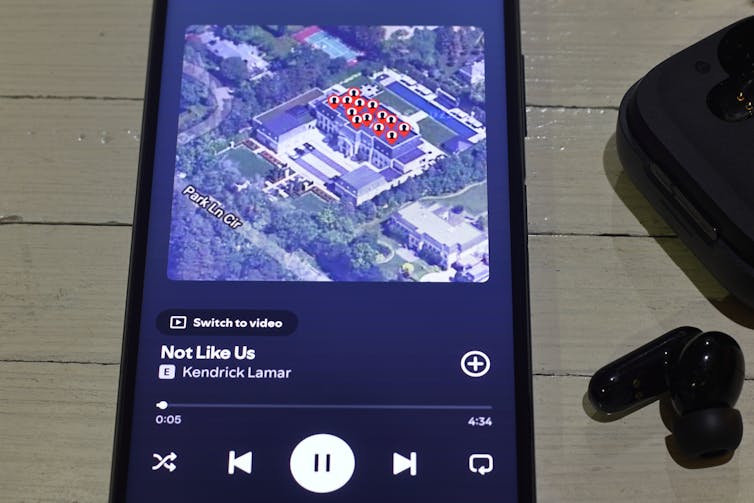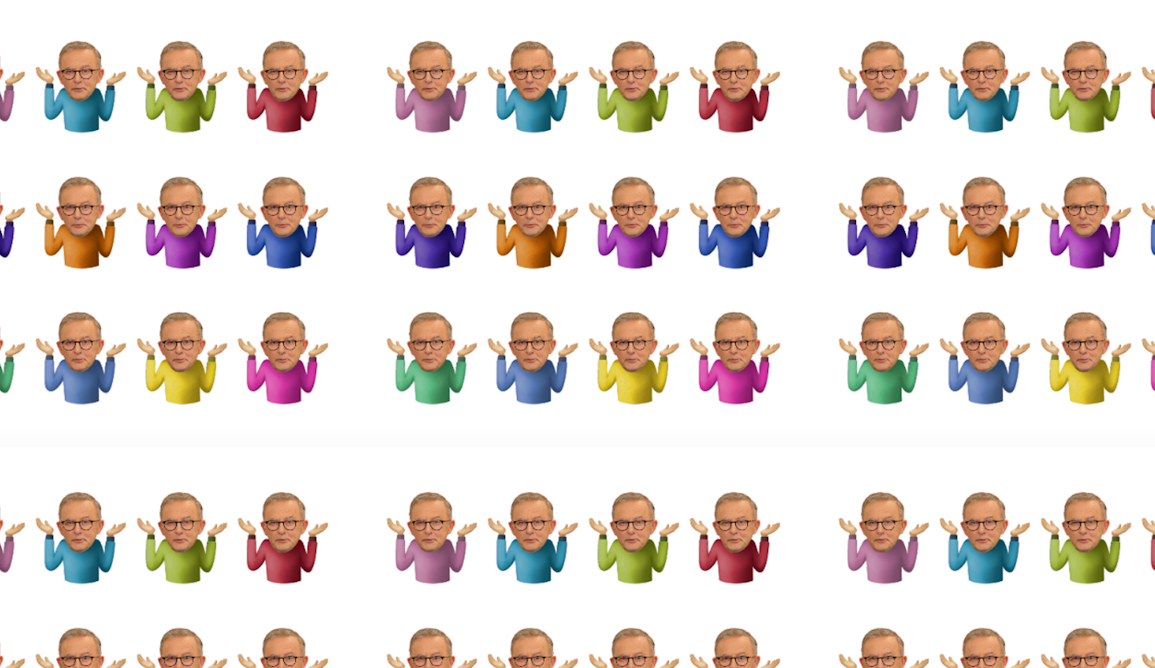Hip-hop is a cultural powerhouse that has infiltrated every facet of popular culture, across a global market. That said, one place you usually don’t see it is on the election campaign trail.
That’s right, I’m talking about the track “Leaving Labor” – the Liberal-National Coalition’s latest attempt to create beef with the Australian Labor Party, via a hip-hop track from an unnamed artist.
You only need to go as far as the (very entertaining) comments section on the Coalition’s SoundCloud to see what people think of the campaign’s new track, the lyrics of which include such zingers as “I just wanna buy some eggs and cheese, a hundred bucks you kidding me?” and “real prices are at the pinnacle”.
For many, it hasn’t struck the right chord. But that will be no surprise to anyone who knows what hip-hop is really about.
[embedded content]
A voice for the oppressed and disenfranchised
Hip-hop has historically been a voice for Black America, and more recently for Aboriginal and Torres Strait Islander and other First Nations peoples.
And while it was traditionally critiqued for being proto-masculine and homophobic, the movement has evolved greatly over the past decade.
With artists such as Lil Baby telling us there are “too many mothers that’s grieving, they kill us for no reason”, and Lil Nas X’s dance with the devil, helping the LGBTQIA+ community rise to prominence while challenging cultural norms, modern hip-hop provides a voice to the disaffected and the oppressed.
Diss tracks: hip-hop through and through
The culture of hip-hop – birthed in the Bronx, New York City, in 1973 – is built on five pillars central to the movement. These are MCing (rapping), DJing (turntablism), breakdancing, graffiti and, last but not least, knowledge.
The first four pillars represent paradigm shifts in the culture of resistance towards non-violent means – initially in African American culture, but today more broadly across the world. The final pillar, knowledge, speaks to the power of education, both formal and street.
The diss (short for disrespect) track is deeply embedded in hip-hop, as it can be considered synonymous with MCing itself. Built on the tradition of Jamaican competitive “toasting”, it was initially a way for MCs to non-violently instigate, battle through, and resolve disputes and conflict.
Over the past 40 year, the diss track has emerged as a form in and of itself, with far-reaching influence. During the East Coast–West Coast hip-hop feuds of the 90s, Biggie Smalls and 2Pac famously traded diss tracks up until both artists were murdered (with the murders often cited as fuelled by the tracks themselves).
In the late 90s and 2000s, artists such as JayZ dissed Mobb Deep and Nas, and vice versa. Nas’ track Ether was so influential it entered the word “ethered” into the hip-hop lexicon as a synonym for being defeated.
Eminem has also established himself as a kind of lyrical assassin, releasing more than 40 diss tracks over some 20 years. His targets have included Limp Bizkit, Mariah Carey, Machine Gun Kelly and Will Smith, to name a few.
More recently, Kendrick Lamar and Drake gained global attention for what can only be described as a beef for the annuls of hip-hop history.

Shutterstock
What were they thinking?
So, if diss tracks have a rich history of anti-establishment action, protest, and are largely deployed by minority voices, why would a party campaigning on conservative “mainstream” values commission a hip-hop track to take on its political rival?
It’s less likely the track signals some kind of cultural shift in the Coalition, and more likely it shows a high level of cultural tone-deafness. This is similar to conservative pundit Ben Shapiro, who was heavily criticised for dropping a racist rap track last year after spending most of his career claiming “rap isn’t music”.
As a leader, Dutton has a history of inflaming racial tensions, including by stoking fears of so-called “African gang violence” and calling to boycott the Stolen Generation apology.
It’s difficult for him and his party to justify using the cultural capital of hip-hop in their campaign. Diss tracks are inherently embedded in Black American spaces and history, and can’t be separated from this. When a largely white, Australian political party adopts this medium – with no ties to the culture it came from – it will feel inauthentic.
Michael Idato, culture editor-at-large at The Sydney Morning Herald and The Age, described the track as “a hip-hop miss with the rhyming genius of a Little Golden Book”. Another headline from Sky News called it a “bizarre election move amid poor polls”.
Also, for a year where arts policies have been all but completely absent from the election trail, it seems disingenuous for the Coalition to now use art for their own means.
![]()
Andy Ward does not work for, consult, own shares in or receive funding from any company or organisation that would benefit from this article, and has disclosed no relevant affiliations beyond their academic appointment.
This article was originally published on The Conversation. Read the original article.
This post was originally published on this site be sure to check out more of their content.







